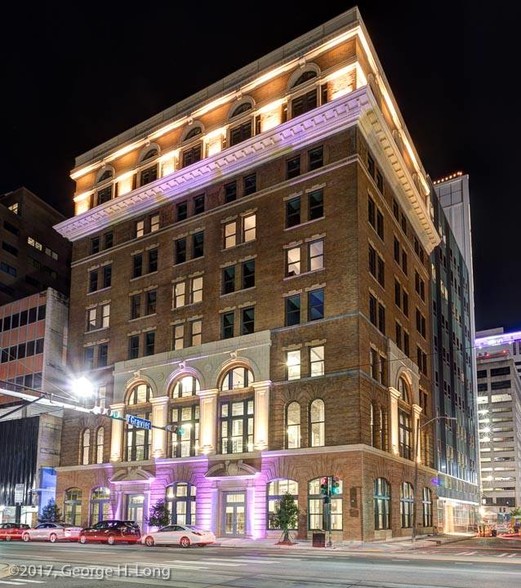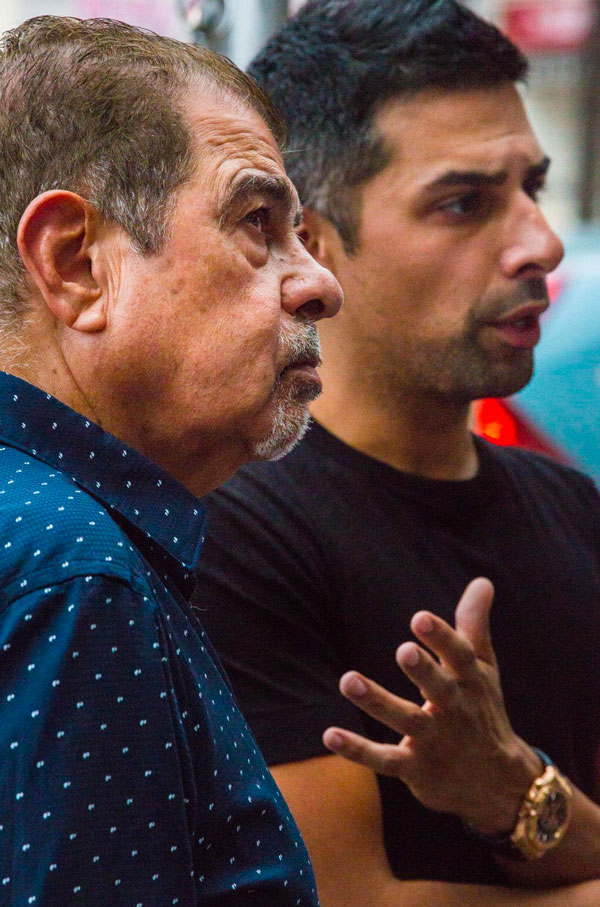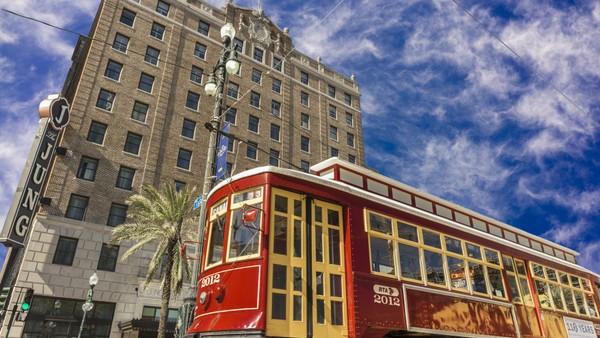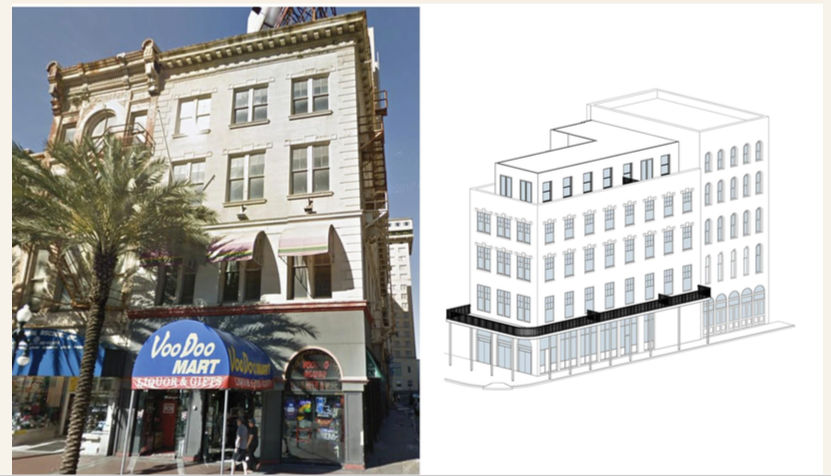Access to housing and quality of life impact so many residents throughout the country every day. From vacancy and abandonment, access to healthy food, and well maintained recreational opportunities, a city’s investment in its neighborhoods is a key driver in the health and vitality of the community. I began my career in neighborhood revitalization in Brooklyn and Philadelphia, where residents, government, and the private sector worked together to develop long-term visions for reinvesting in safer, stronger, more vibrant communities. This approach in leveraging the strengths of different sectors to achieve greater outcomes is the approach I brought to work every day when I served New Orleans Mayor Mitch Landrieu as the city's first blight czar, led the New Orleans Redevelopment Authority and served as the deputy mayor and CAO during my tenure at City Hall.
Read the Full ArticleThe short-term rental company Sonder -- now the largest single operator of vacation rentals in the city -- has master leased 111 apartments in the renovated Jung Hotel building. The deal with hotel developer Joe Jaeger's MCC Group, the terms of which were not disclosed, closed in early September.
Jaeger retains control of the hotel's operations, and Sonder is handling the advertising and operations of the 110 high-end luxury units, which were listed on Apartments.com at one point for between $3,900 and $5,900 per month. None of those units were ever leased, so Sonder approached MCC Group with a bid to master lease the units and rent them out on short-term rental platforms.
Jaeger "is a visionary and he had this forward-thinking idea to have effortless living -- you could lease an apartment and have access to housekeeping, they'd stock your fridge," said Peter Bowen, general manager of Sonder New Orleans. "They just couldn't lease any of them up."
Read the Full ArticleSonder, a company that develops and manages short-term rental property through long-term leases, has unveiled an ambitious plan to convert the upper floors of three Canal Street buildings into 200 new short-term rental units.
It could mark the most notable progress along a thoroughfare that for decades has struggled to attract substantial investment beyond hotels.
Redevelopment along Canal Street's upper floors has been floated piecemeal in the past, but a variety of obstacles have deterred investors: financing, infrastructure and zoning among them.
Sonder's New Orleans general manager, Peter Bowen, told the City Council on Thursday (Oct. 4) that the company's willingness to sign a 10-year lease on the properties will provide the stability their owners need to secure financing for rehabilitation. Councilman Jason Williams said he hopes that redevelopment would help the city attract more retail to Canal Street, which has been on the decline since suburban growth and malls lured longtime shops and department stores from the corridor.
"It was once a popular destination for shopping, entertaining and just being for this entire region," Williams said. "Over time, it lost its primacy and much of it has fallen into disrepair. We have properties that are blighted and often hazardous. The upper floors of these properties have remained vacant for years -- vacant without fire sprinklers, without activity."
Read the Full ArticleThe rise of short-term rentals (STR) in the city of New Orleans has stirred up a lot of controversy amongst local government officials, the hospitality industry, housing activists and residents who question their impact on the community.
Not all STRs have the same effect on the community, which is why STRs are regulated differently depending on where they operate. The city currently offers three short-term rental licenses - accessory, temporary and commercial. While accessory and temporary operators continue to multiply in residential areas throughout the city of New Orleans, commercial operators only operate in established commercial zones and avoid having adverse affects on local communities.
With the support of local citizens and city officials, commercial operators are already having a positive impact on the New Orleans housing market. Many commercial operators work with developers to reassure lenders and secure financing opportunities to provide a new avenue of restoration to abandoned properties throughout the city. As a result, blighted sights are renovated and provide more housing inventory for New Orleans residents while revitalizing local communities.
According to a report from the U.S. Department of Housing and Urban Development, vacant and abandoned properties can be linked to increased rates of crime and declining property values. The maintenance or demolition of vacant properties can also create an extensive expense for most cities.
The recent $38 million dollar commercial redevelopment of the historic Pythian building at 234 Loyola Ave is a good example of how partnerships between the city, local investors, and commercial operators can create additional housing stock for the city of New Orleans. In 2017, the investors partnered with Sonder, a local commercial STR operator, to mitigate the lease-up risk for the historic structure that had been blighted for decades by pre-leasing less than a tenth of the building for STR use.
Today, the Pythian hosts 69 units and targets middle-income workers in the Central Business District who may not qualify for discounted housing and are unable to pay full-market rates. Only 6 of the 69 units which are listed as penthouse suites are used as short-term rentals. In addition to the STR and affordable housing units, the building also houses a street-level, food service, a restaurant, shared working space for small businesses and nonprofits, and healthcare offices.


